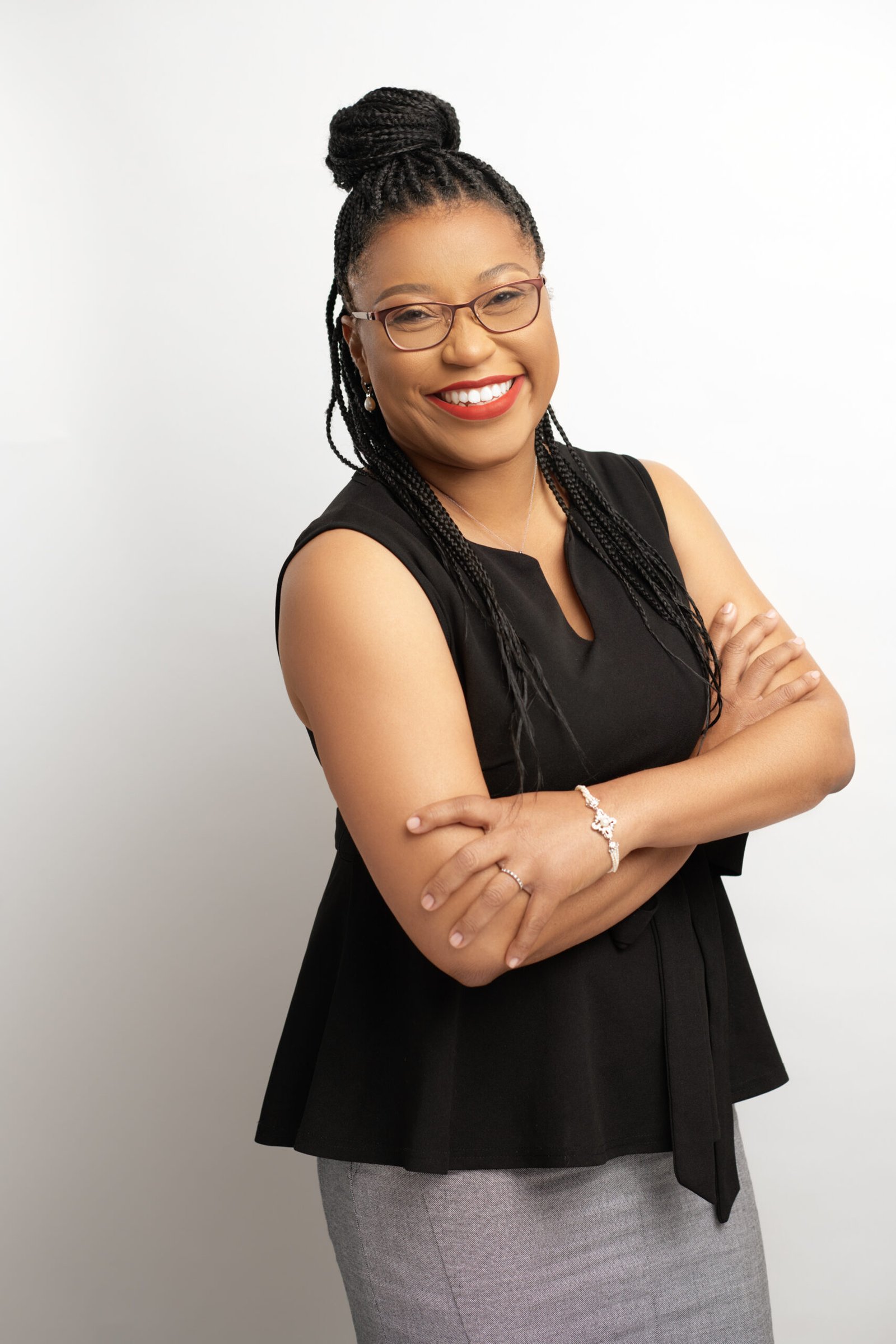NASSAU, BAHAMAS — Too many women spend their time caring for others but not themselves, said obstetrician and gynecologist Dr Shamanique Bodie-Williams. She urged women to be proactive and advocate for themselves, as the world observed the International Day of Action for Women’s Health on Friday, May 28.
“We are so busy we forget our own health, which is vital for us to be able to maintain the life and the lifestyle that we want,” said the author of “Being Breast Aware” and “Progression: A Female Adolescent and Parent’s Guide to Gynecological Health”.
“We need to find our voice. We need to educate ourselves about what our health needs are as women and how to go about addressing these health needs.”
While women serve as caregivers to their children, partners and even parents, they can be in the dark when it comes to their own health. In some cases, that could be because they lack money, time or know-how to access the healthcare system.
“We have to educate ourselves about what is available in our country so that if you need to utilize the healthcare system, you know where to go and who to go to. Find a good healthcare provider and then let them be your key to help you navigate the health care system,” advised Bodie-Williams, who works as a consultant physician in Grand Bahama’s public health system and sees private patients at the Medical Pavilion in Freeport and at the Bahamas Women’s Wellness Centre in Nassau.
She noted that some women aren’t utilizing the free health maintenance screening provided in their private insurance plan.
“Usually it covers a physical exam, a pap test, a mammogram and some blood work, so I would definitely recommend women start there,” said Bodie-Williams.
“For the uninsured, there are two options to access healthcare. NHI (National Health Insurance) has come onstream, providing primary care services for comprehensive exams and health tests. For those not on NHI, they still have public clinics they can access with issues and then they can get into the system if they have a particular health issue.”
Bodie-Williams noted the importance of women assessing their personal risk factors for disease, adopting lifestyle changes to reduce them and not putting off seeing a doctor until their symptoms are severe.
“It’s not uncommon for women to wait until it’s too late and then they are trying to play catch up,” she said. “There are some things, as women, we have control over. We have control over what we eat. We have control over how much we exercise. We have control over being able to know what’s happening with our bodies and recognizing when there is a problem.”
May 28 has been recognized as the International Day of Action for Women’s Health by several governments, various international agencies and multiple civil society organizations around the world since its inaugural launch in 1987, according to the commemorative website.
Each year focuses on a particular topic related to women’s health. This year it is sexual and reproductive health and rights including family planning, sexual health screening and access to care.
“It’s not just about educating today’s woman but also the adolescents, the women of tomorrow, so they can understand what their reproductive health should look like and what it entails to stay in tip-top shape to put their health first so they can function at their optimum level.”






